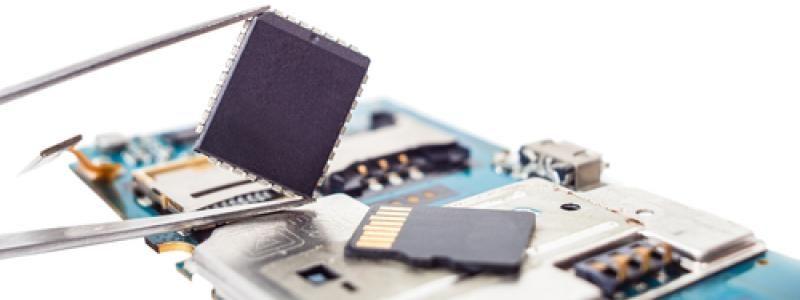Consumer Trials For Project Ara To Commence In Puerto Rico This Year

Google has revealed that Project Ara will begin consumer trials in Puerto Rico this year. The overall purpose of the project is to create a freely modular phone in which users get to decide what hardware components to incorporate in its basic skeletal phone body.
Project Ara first came into the public eye last year. Since then, rumors have began circulating as to when the project will finally take off. But it never really did until today when Google made an official announcement.
Of course, the consumer trials will start small and it will be conducted in an emerging market like Puerto Rico (with the help of carriers Claro and OpenMobile) instead of a major market in the United States or in the United Kingdom. As to when Project Ara will be made available for global markets, that remains unclear for now.
There is a good reason why consumers are getting excited about Project Ara. Finally, there is a way for users to get a phone and tailor it to their specific needs, and in the process, save on some of the expenses associated with owning a smartphone.
The great advantage of having a modular phone is that you can always add and replace as you like. When a specific component fails or gets broken, consumers can just procure a replacement part, or even get a new component to upgrade their mobile devices.
At the project's launch, Google is reportedly planning to provide 20 to 30 modules across 10 different categories. The tech company is even preparing a special Ara Manager app that people can use when putting the modules together.
A modular phone with easily replaceable parts is a good idea. But is it a feasible one? First of all, for Project Ara to become successful, it is going to need support from the manufacturers of the components needed. After all, what is the use of owning an upgradeable mobile device when you can't even find replacements for the parts you need to get your phone working?
Then there's the branded phone makers themselves -- will they be supportive of the idea when they know modular phones will compete directly with their products? And are they going to be open to the idea of supplying their branded parts to customers who own modular phones?
Lastly, at this point, nobody is certain that the idea of modular phones will reach mainstream level success. For one, the branded phone makers have done quite a decent job in producing quality products that majority of consumers are not yet thinking of maybe building their own customized phones.
But the idea is not entirely impossible either. Besides, people are quite open to building their own desktop computers using available components -- why not their own mobile devices too?
That is why these consumers trials are critical. Google is helping us take the first step in knowing for sure whether we are ready for modular mobile devices.
Related Blog Articles
- Google Integrates Word Lens Into Google Translate App
- Spotify’s Windows Phone App Gets Upgraded With New Look And More Features
- Last Quarter’s iPhone Shipments May Have Set New Record
- MetroPCS Introduces $50 Unlimited LTE Promo
- Twitter Now Has A New Feature That Recycles Tweets You May Have Missed
- Which Unlimited Smartphone Plan Should You Get?
- Samsung To Produce 3/4 Of The Processors For Apple’s Next iPhone Models
- Twitter Now Has Group Direct Messages, Mobile Video Capture, Editing Capabilities
- The Top Four Most Downloaded Mobile Apps In 2014 Are Owned By Facebook
- Microsoft Launches Outlook for Both Android And iOS Mobile Devices


 Menu
Menu